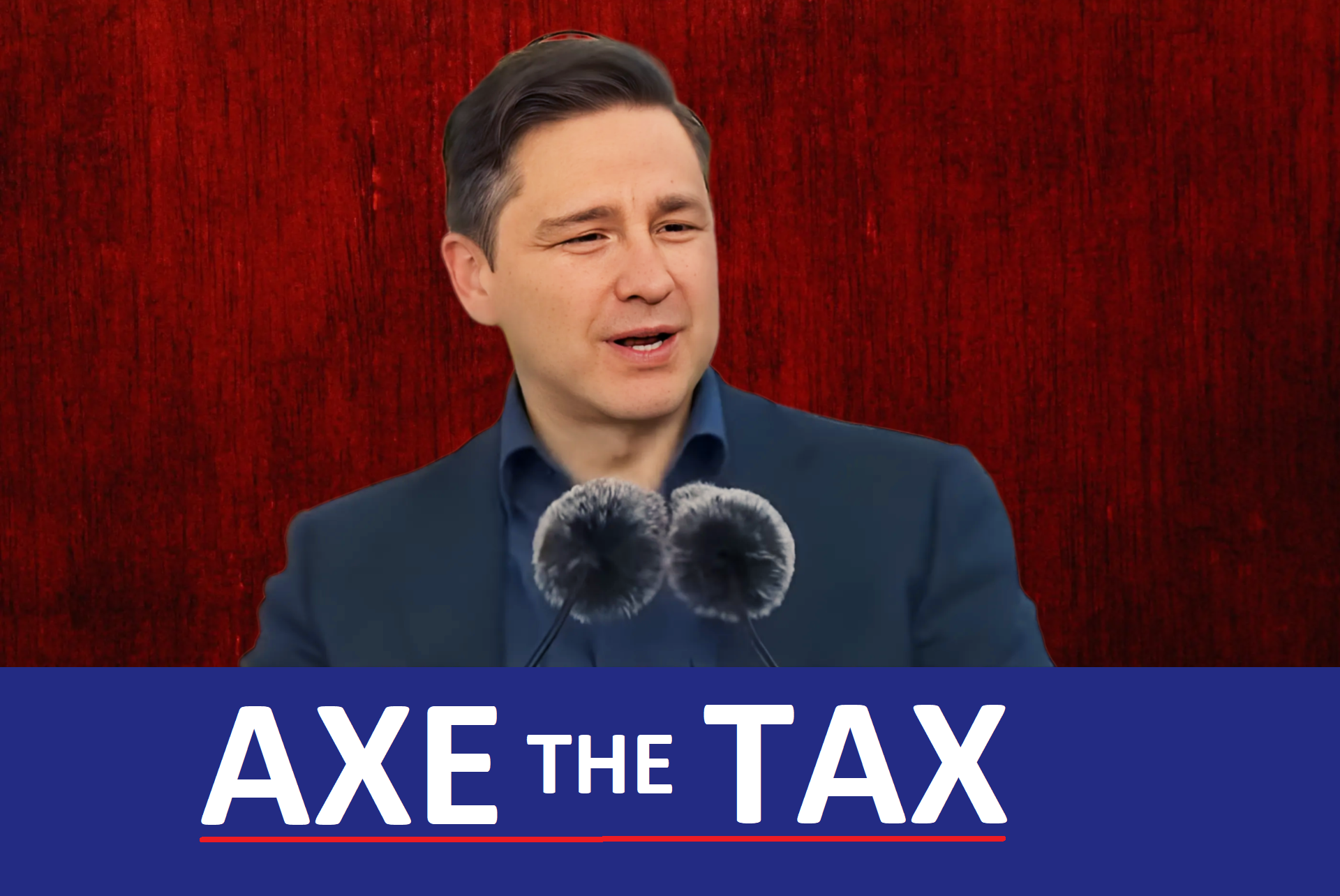Conservative Leader Pierre Poilievre stood resolute in his opposition to the federal carbon price increase during a press conference held in Nanaimo, British Columbia. Poilievre reiterated his stance against the hike, emphasizing its detrimental effects on Canadian households.
Poilievre criticized the Trudeau government’s policies, framing the carbon tax increase as another burden imposed on Canadians. He painted a grim picture of the economic hardships faced by many, citing examples of food insecurity and rising housing costs under Trudeau government.
The focal point of Poilievre’s address was the impact of the carbon tax hike on Canadian families. He emphasized that the increase was not merely a tax at the pump but would extend to essential commodities like food and heating, affecting the majority of households across provinces. Poilievre presented statistics detailing the expected financial burden on families, drawing attention to the disparity between tax costs and rebate benefits.
Drawing a clear distinction between his party’s approach and that of the government, Poilievre outlined the Conservative vision for addressing economic challenges and reducing emissions. He pledged to “axe the tax,” proposing alternative measures such as incentivizing clean energy technologies and streamlining regulatory processes for energy projects. Poilievre’s plan focused on fostering economic growth while simultaneously tackling environmental concerns, contrasting sharply with what he perceived as Trudeau’s tax-centric approach.
During the question-and-answer session, Poilievre fielded inquiries on various aspects of his party’s platform. One inquiry focused on the implications of removing the federal carbon tax on provinces like British Columbia, which have implemented their own carbon pricing measures. Poilievre responded by emphasizing that removing the federal carbon tax would grant provincial governments the autonomy to determine their approach to carbon pricing. He underscored the importance of empowering provinces to make decisions aligned with their constituents’ preferences.
Another question centered around food insecurity, probing Poilievre’s stance on a national school food program. Poilievre seized the opportunity to critique the Trudeau government’s handling of food insecurity issues, citing statistics indicating a rise in malnutrition among Canadian schoolchildren. He expressed skepticism towards a federal food program, advocating instead for axing the carbon tax to alleviate the financial burden on families and address the root causes of food insecurity.
Shifting the focus to international agreements, another reporter asked whether a Conservative government would withdraw from the Paris Agreement. Poilievre reiterated his party’s commitment to combating climate change through technological innovation rather than punitive taxation. He outlined plans to expedite approval processes for clean energy projects, emphasizing the importance of creating jobs and reducing emissions without stifling economic growth.
Another query sought clarification on the Conservative Party’s strategy for reducing greenhouse gas emissions. Poilievre reiterated the party’s focus on lowering the cost of alternative energy sources and streamlining regulatory processes. He emphasized the importance of incentivizing clean energy production while acknowledging the need for a balanced approach that considers both environmental and economic factors.
The final question raised concerns about the reported harassment of reporters at an anti-carbon tax rally earlier in the day. Poilievre refrained from commenting directly on the incident but emphasized the importance of respectful dialogue and national unity. He reiterated the party’s vision of axing the tax, building homes, fixing the budget, and stopping crime, stressing the need for constructive engagement to address pressing issues facing Canadians.
The forthcoming months and years will serve as a litmus test, determining whether the tax achieves its intended goals of reducing emissions while balancing economic considerations.

